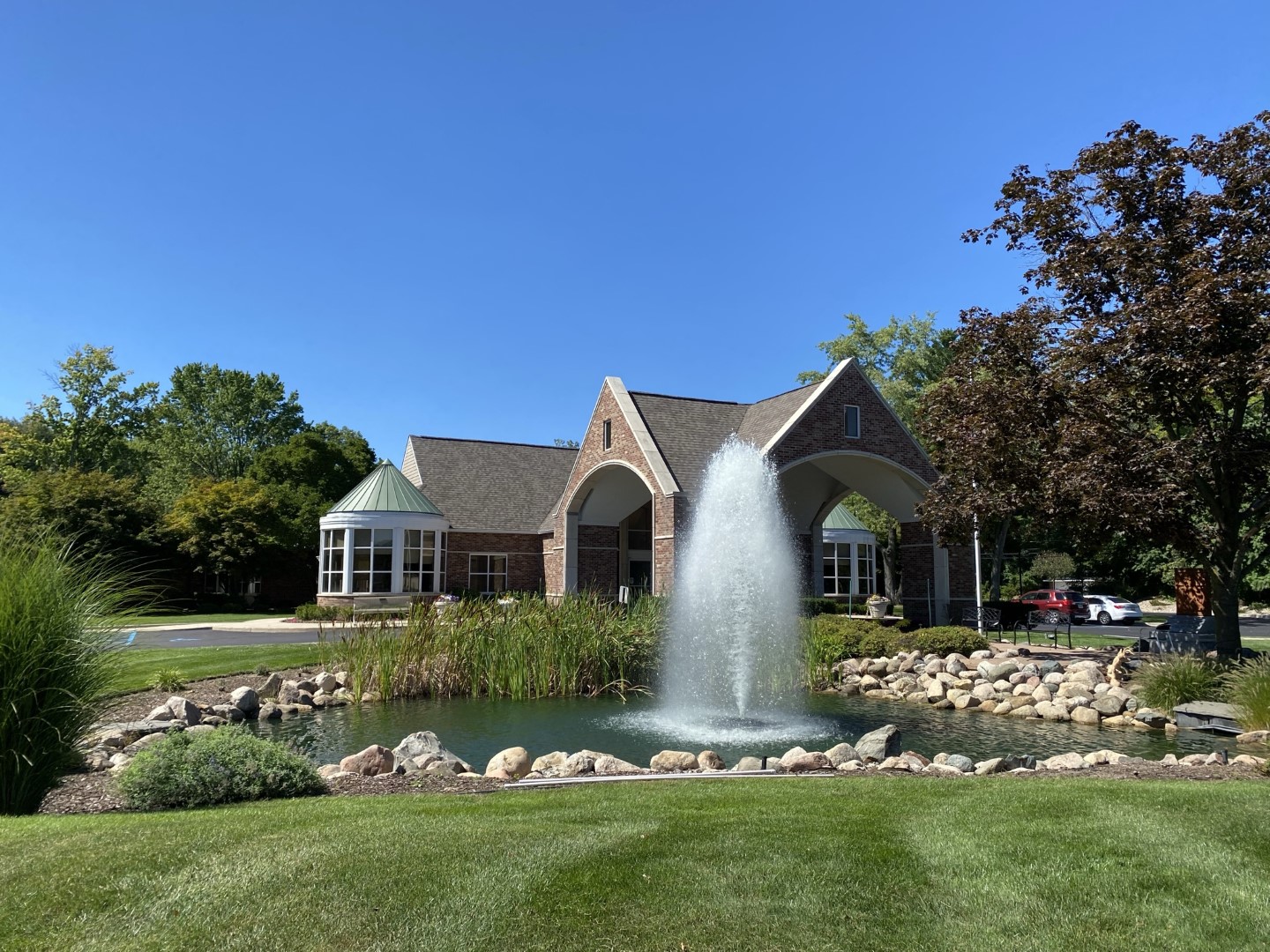When a loved one is diagnosed with a memory-related condition such as dementia or Alzheimer’s disease, it can be an overwhelming experience for families. These conditions require specialized care that addresses both the cognitive and emotional needs of the individual. As the disease progresses, it often becomes challenging for families to provide the necessary care at home. This is where memory care in assisted living comes into play. Memory care units within assisted living communities offer a safe and supportive environment specifically designed to care for individuals with memory impairments. At Manoogian Manor, we understand the complexities of these conditions and are dedicated to providing compassionate and comprehensive care tailored to each resident’s unique needs. In this article, we’ll explore what families need to know about memory care in assisted living, the specialized care provided, and how these communities can enhance the quality of life for those living with dementia or Alzheimer’s.
Understanding Memory Care
-
-
Specialized Environments Designed for Safety
-
One of the key features of memory care in assisted living is the specially designed environment that prioritizes safety and comfort. Residents with dementia or Alzheimer’s often experience confusion, disorientation, and wandering behaviors, which can put them at risk in a typical home setting. Memory care units are equipped with secure entrances and exits, clear signage, and easy-to-navigate layouts to reduce confusion and prevent wandering. For example, at Manoogian Manor, our memory care unit is designed with open floor plans and visual cues that help residents easily find their way around, creating a sense of safety and familiarity.
-
-
Personalized Care Plans
-
Memory care involves creating personalized care plans tailored to the individual needs of each resident. These plans are developed through close collaboration between healthcare professionals, caregivers, and family members, ensuring that all aspects of the resident’s health and well-being are addressed. For instance, a resident with advanced Alzheimer’s may require assistance with daily activities such as dressing, eating, and bathing, while another resident in the early stages of dementia might benefit more from cognitive therapy and social engagement. At Manoogian Manor, our care plans are regularly reviewed and updated to adapt to the changing needs of each resident, ensuring they receive the right level of care at every stage of their condition.
-
-
Specialized Staff Training
-
The staff in memory care units are specially trained to understand and manage the unique challenges associated with dementia and Alzheimer’s. This training includes techniques for effective communication, managing difficult behaviors, and providing emotional support to both residents and their families. For example, our caregivers at Manoogian Manor are trained in the use of validation therapy, which involves acknowledging and empathizing with the emotions and experiences of residents, even when they are based on memories that may not align with reality. This approach helps to reduce anxiety and agitation, fostering a more peaceful and supportive environment for residents.
-
-
Structured Daily Routines
-
Consistency and routine are critical components of memory care. Individuals with memory impairments often find comfort in predictable schedules, which can help reduce confusion and anxiety. Memory care units typically offer structured daily routines that include meals, activities, and rest periods at the same times each day. For instance, at Manoogian Manor, we design daily schedules that incorporate familiar activities, such as morning exercise, afternoon crafts, and evening music sessions. These routines provide a sense of stability and normalcy, helping residents feel more secure and engaged in their environment.
-
-
Cognitive and Recreational Activities
-
Engaging residents in cognitive and recreational activities is an essential aspect of memory care. These activities are designed to stimulate the mind, promote social interaction, and enhance overall well-being. Cognitive activities might include memory games, puzzles, and reminiscence therapy, where residents are encouraged to recall and share past experiences. Recreational activities can range from art therapy and music sessions to gardening and gentle exercise. At Manoogian Manor, our activity programs are tailored to the abilities and interests of our residents, providing them with opportunities to stay mentally and physically active while enjoying meaningful and enjoyable experiences.
-
-
Emotional and Behavioral Support
-
Residents with dementia or Alzheimer’s often experience a range of emotions, including anxiety, depression, and frustration, which can lead to challenging behaviors. Memory care units are equipped to provide emotional and behavioral support to help residents navigate these difficulties. Caregivers are trained to recognize the signs of distress and use calming techniques, such as redirection or providing comforting activities, to ease these emotions. For example, if a resident becomes agitated in the evening—a common symptom known as “sundowning”—our caregivers at Manoogian Manor may use soft music or a quiet activity to help soothe and relax the resident, creating a calming environment.
-
-
Family Involvement and Support
-
Memory care is not just about caring for the resident; it’s also about supporting the family. Families play a crucial role in the care process, and memory care units provide resources and support to help them stay connected and involved. At Manoogian Manor, we encourage regular family visits and participation in care planning meetings. We also offer support groups and educational workshops for families, helping them understand the progression of the disease and providing strategies for managing the emotional challenges that come with it. By staying involved, families can maintain strong relationships with their loved ones and contribute to their overall well-being.
How Memory Care Enhances Quality of Life
Memory care in assisted living is designed to provide a safe, supportive, and enriching environment for individuals living with dementia or Alzheimer’s. By focusing on personalized care, structured routines, and engaging activities, memory care communities like Manoogian Manor help residents maintain their dignity, independence, and sense of self. The specialized training of staff and the thoughtful design of memory care units ensure that residents receive the best possible care while living in a community that understands their unique needs.
For families, knowing that their loved one is receiving compassionate and expert care brings peace of mind and reassurance. Memory care allows residents to live in a supportive environment where they can continue to engage in meaningful activities, build relationships, and enjoy a higher quality of life. As you explore memory care options for your loved one, it’s important to choose a community that not only meets their physical and cognitive needs but also provides the emotional support and compassionate care that they deserve.
Caring for a loved one with dementia or Alzheimer’s is a journey that requires patience, understanding, and specialized support. Memory care in assisted living offers families a solution that combines expert care with a safe and enriching environment, allowing residents to live with dignity and comfort. At Manoogian Manor, we are committed to providing comprehensive memory care that addresses the unique challenges of memory-related conditions while enhancing the quality of life for our residents. By choosing a memory care community that prioritizes personalized care, safety, and emotional well-being, you can ensure that your loved one receives the care and support they need to thrive, even in the face of memory loss.





